
For Indigenous Australians who supported an Indigenous Voice to Parliament, the comprehensive loss of the 2023 referendum — its defeat in every state as well as nationally — is so much more than just a political loss.
As the Uluru Statement from the Heart said, it was an invitation to the rest of us for a better future: a coherent articulation by First Nations people, one which had been embraced and considered by more of them than anything said previously, of a view to the future which swallowed everything that had happened in the past, and asked for very little.
And we rejected it. The reckoning of why that happened will go on for a long time. Politics will move quickly to shape and blame the reckoning: largely a brawl between white people.
But pause briefly before that happens to consider the pain of that rejection.
A vote against ‘activists’
It took very little time before not only the idea of the Voice was being consigned to history but the people behind it were being diminished by opponents.
The former prime minister Tony Abbott was one of the first to say this was not a vote against Aboriginal people but against “activists” — a line taken up repeatedly by Opposition Leader Peter Dutton and his Indigenous Affairs spokeswoman Jacinta Nampijinpa Price.
It is a term designed to not just delegitimise the people — and particularly Indigenous leaders — who advocated for the Voice but to somehow suggest they were outsiders from the start with no clear mandate.
In fact, those people now being dismissed as “activists” — and the work they produced at Uluru — were part of a process that had been set up by the then prime minister and opposition leader in 2015 to “advise the government on steps towards a referendum”.
While the Uluru Statement had a rough path from the start, it produced a new generation of Indigenous leaders who have advocated its cause with dignity and grace, in the face of increasing appalling abuse and racism.
Dutton’s fast pivot to busy as usual
Dutton and Price on Saturday night told people who had voted Yes that the Coalition had their “best interests at heart”, and were protecting the country from a prime minister who was deliberately misleading them and “academics and activists from the inner city”.
Indigenous people, Price said, have to “step away from grievance”.
In the space of a few short sentences, Dutton morphed the discussion about where we go from from here from one that was his version of what might be done about improving Indigenous disadvantage to one about white grievance: from promising a royal commission into allegations of Indigenous child sexual abuse and an audit of indigenous funding to the cost of living, helping people buy their own homes, “the mess of energy policy”, supporting — not opposing — small business and national security.
There was notably no talk of having a second referendum purely about Indigenous recognition if the Coalition won government.
Dutton’s Indigenous agenda was law and order and child sex abuse, and the suggestion that things might be fixed by an audit of funding a system that his government designed and watched over for a decade and which the Productivity Commission recently found had failed to meet even its own goals.
Trend doesn’t bode well for the Coalition
There is much weirdness in the relationship between this referendum and politics.
Despite the comprehensive loss of the referendum, voters were repeatedly telling focus groups that they mark Peter Dutton down for the way he has conducted himself.
More significantly, the very clear trends in voting do not bode well for the Coalition at the next election.
It has to win back the seats it lost to Independents at last year’s election, yet they recorded the strongest votes in the country in support of the referendum — often in the 60 and 70 per cent range. Such levels of support suggest the voters in those seats will not forget the events of the last few months.
Labor saw much of its heartland in the outer suburbs vote against the Voice. Yet it is not at all clear that that will count against it at the next election in the same way.
The prime minister and the government have lost standing because of the Voice. But more because voters think their concerns about other issues have been ignored. If Anthony Albanese can now regroup to be seen to address those issues — most notably the cost of living — they will be appeased.
But his party will note his incapacity to be a powerful advocate for a referendum to which he was deeply committed.
No simple message from Yes campaign
The brutal truth of the referendum campaign is that the Yes case could not cut through, could not articulate simply enough why something which was said to be just an advisory committee was so important that it should be put in the constitution.
There was no simple take home message from the Yes side, no clear figurehead.
The prime minister prevaricated and deferred taking the lead, believing that it should be the community and Indigenous leaders who ran the argument — believing that his presence would make the debate a brutal political one.
But it was always going to be a brutal political contest. And he guaranteed that by making the referendum his first commitment the night he became prime minister. That ensured that, regardless of arguments about the Voice itself, it became a target for political opponents who know a crucial step in the path back to government is denying a prime minister his agenda and his apparent effectiveness.
Albanese’s position put an absolutely unfair pressure on his Indigenous Affairs Minister Linda Burney to lead the debate from a relatively junior position in the government, and helped scatter the sense of who was leading the debate at a time when there were already diverse groups and spokespeople arguing a range of propositions in support of the case.
The result was a disaster.
The No case had at most a couple of simple messages and a clear spokeswoman and, where he did appear, deadly messages from Peter Dutton.
The Voice proposition was up against an electorate that is notoriously historically conservative about any change in the constitution, which has little knowledge of Indigenous people and, as Noel Pearson said last year, little empathy with them.
Add a vicious disinformation campaign making wild assertions about the Voice threatening people’s houses, higher taxes, a UN takeover, and most other conspiracy theories you can name, and we have seen a Dante-esque descent into the political inferno in the last year, much of it driven with the undeniable poisonous fuel of racism.
Indigenous leaders were vowing to stay strong on Saturday night; to acknowledge the considerable support they had got from the rest of the country during the referendum; the 80,000 volunteers they say were supporting them, the 200,000 people who marched across the country.
Many called for a Week of Silence to grieve the outcome, saying now was not the time to dissect the reasons for the outcome.
White politics, however, will be making no such pause. With federal parliament returning this week, the race to shape the story of what has happened will quickly bury all the passion that its advocates put into the Voice.


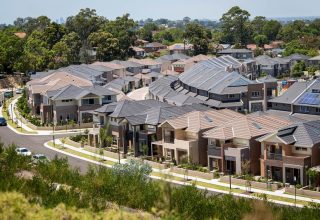

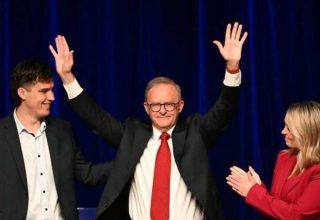
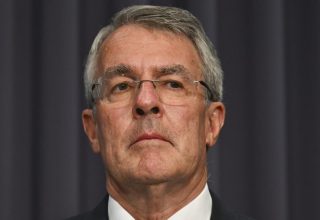
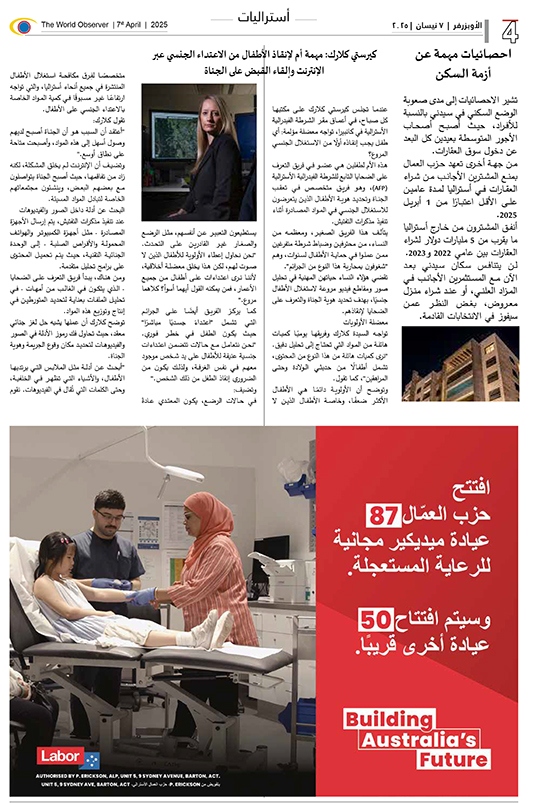
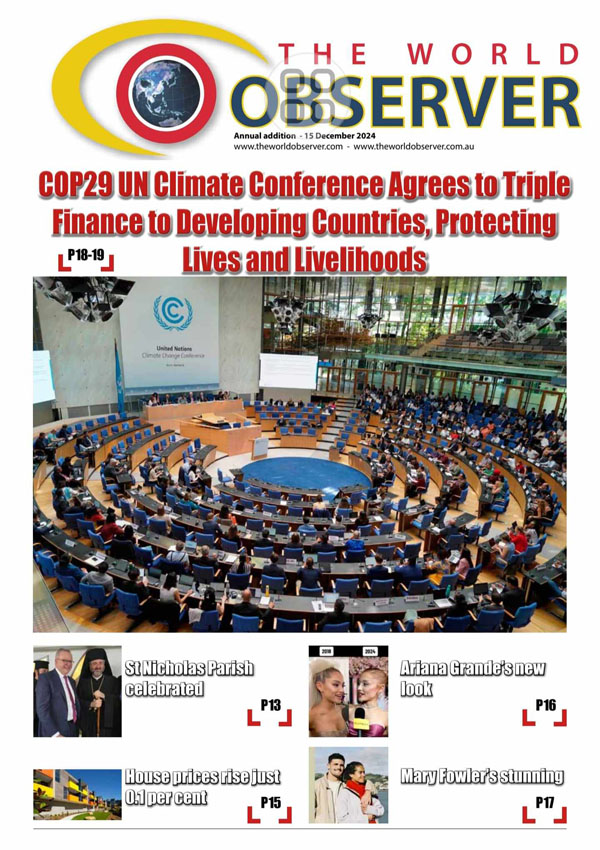
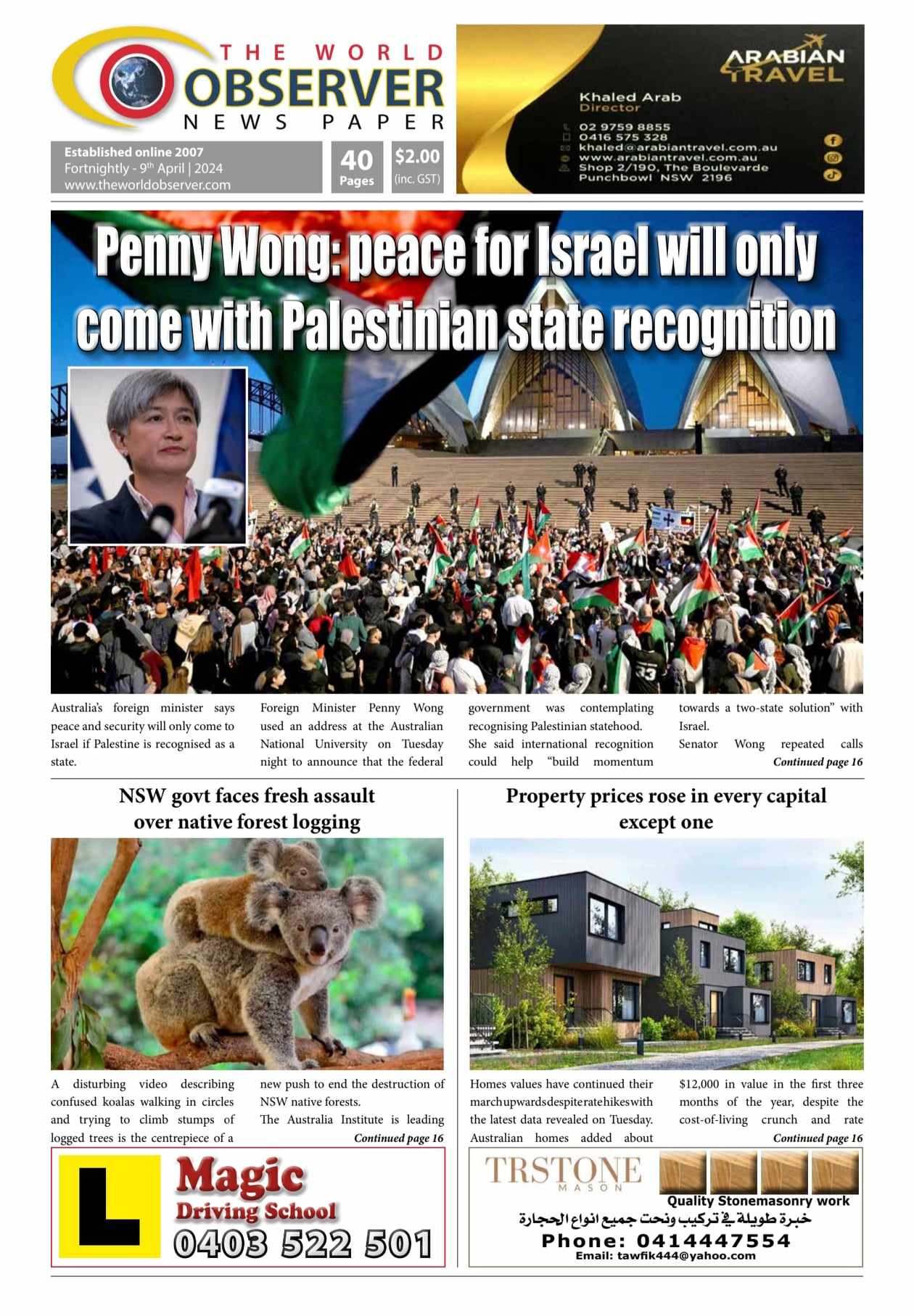

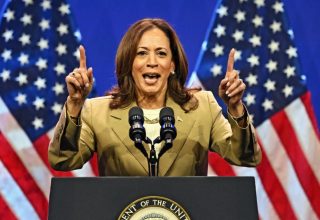


























 The World Observer Media produces a daily online newspaper, a daily Arabic online newspaper and a monthly printed Arabic/English magazine and a weekly printed Arabic/English newspaper.
The World Observer Media’s mission is to entertain and educate all generation from the Ethnic Communities in Australia, who are interested in local, national and foreign information.
The World Observer Media produces a daily online newspaper, a daily Arabic online newspaper and a monthly printed Arabic/English magazine and a weekly printed Arabic/English newspaper.
The World Observer Media’s mission is to entertain and educate all generation from the Ethnic Communities in Australia, who are interested in local, national and foreign information. 


